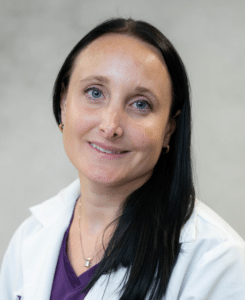THE SIGNIFICANCE OF POLYPS
The presence of polyps in the colon or rectum raises many questions for patients. What is the significance of finding a polyp? Does this mean that I have, or will develop, colon or rectal (colorectal) cancer? Will finding a polyp require surgery?
Some types of polyps (the ones known as “adenomas”) have the potential to turn into colon cancer while others (such as “hyperplastic” or “inflammatory” polyps) have virtually no chance to develop into a cancer. You should not worry if polyps are found on your examination since:

- Polyps are common (they occur in 30-50 percent of adults)
- Not all polyps will become cancers
- It takes many years for a polyp to turn into a cancer
- Polyps can be completely and safely removed
It is very important that you follow-up with your doctor, since the best course of action for you depends on the type, size, and location of the polyps and the way in which they were removed. Most people who have had adenomas removed will require repeated examinations in the future to be sure that all the adenomas have been found and to remove new adenomas if they have developed.
WHAT DO POLYPS LOOK LIKE?
During colonoscopy, your doctor inserts a very thin flexible tube with a light source and small camera into the large intestine (colon) and examines the lining of the colon. The inside of the colon is a tube-like structure with a flat surface with curved folds. A polyp appears as a lump that protrudes into the inside of the colon. The tissue covering a polyp may look the same as normal colon tissue, or, there may be tissue changes ranging from subtle color changes to ulceration and bleeding. Some polyps are flat (“sessile”) and others extend out on a stalk (“pedunculated”).

Colorectal cancer is the second leading cause of cancer deaths in the United States, accounting for 14 percent of cancer deaths. Colorectal cancer is preventable if precancerous polyps (ie, adenomas) are detected and removed before they become malignant. Over time, some small polyps can change their tissue structure and grow in size to become cancerous polyps. Polyps are removed when they are found on colonoscopy to eliminate the potential for them to become malignant.
Meet Our Providers
Our Gastroenterology Centers in NJ
Hillsborough, NJ
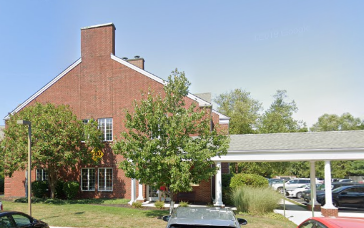
511 Courtyard Drive Bldg. 500
Hillsborough, NJ 08844
Somerville, NJ
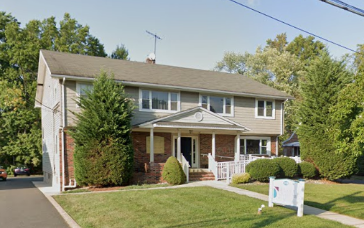
Warren, NJ
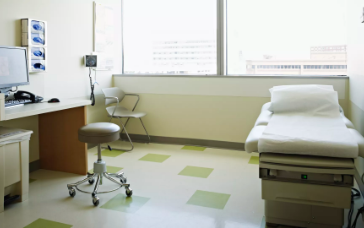
31 Mountain Boulevard Suite H
Warren, NJ 07059
Recent Blogs
Learn more about all things digestive health and wellness by checking out our recent gastroenterology blogs.

Infusion therapy has become a vital treatment option for individuals with Crohn’s disease, offering relief when traditional medications may fall short. This method delivers medication directly into the bloodstream, providing quicker and more targeted effects to help manage inflammation, reduce symptoms, and improve quality of life. For those with moderate to severe Crohn’s disease, infusion […]
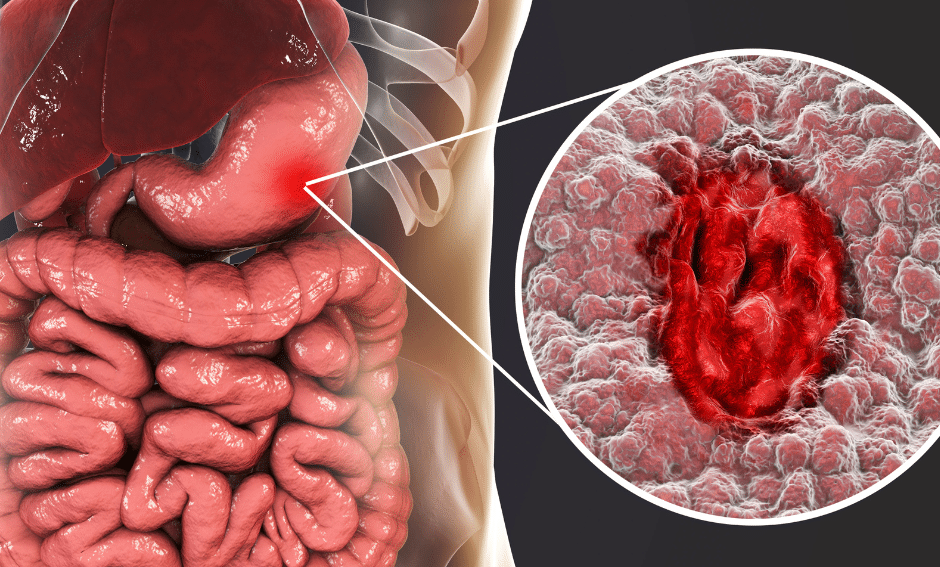
The Advancement of Ulcerative Colitis Treatment Ulcerative colitis (UC) is a chronic inflammatory bowel disease (IBD) that affects the lining of the colon and rectum. Those diagnosed with UC often experience flare-ups that can significantly impact their quality of life. Fortunately, advancements in medical treatment have made managing this condition more achievable. One option is […]

Diverticular disease and diverticulitis are related digestive health conditions that affect the large intestine (colon). With diverticular disease, small, bulging pockets develop on the lining of the colon. When these pockets become inflamed or infected, the condition is called diverticulitis. They are very common – especially after age 40 – and rarely cause problems. At […]
































